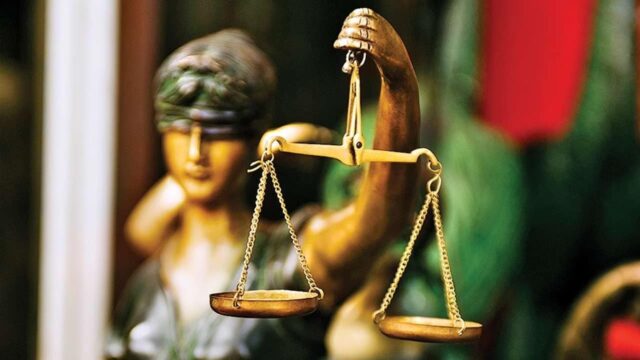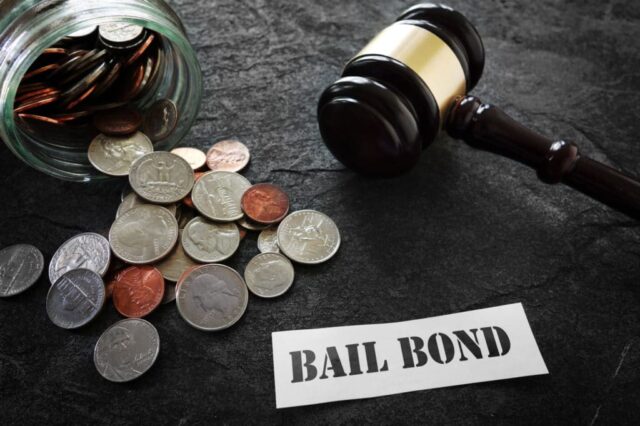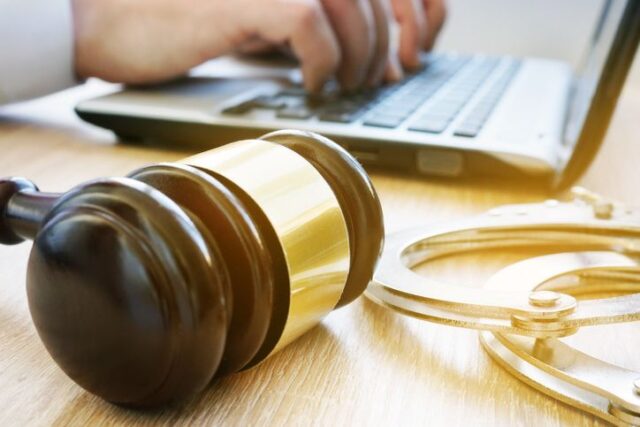
The criminal justice system is built on the foundational principle of “innocent until proven guilty.” Central to this precept is the concept of bail – a financial guarantee that a defendant will appear in court for trial after being released from custody. The bail bonds industry serves as a key intermediary by providing individuals who cannot afford the full bail amount with a way to secure their release. This system highlights the importance of balancing public safety with the rights of the accused.
However, it also introduces a plethora of social and economic issues that can potentially skew the scales of justice and lead to inequality. In exploring the role of a bail bondsman, this article provides insight into the inherent responsibilities that come with managing the gray areas of legal equity and fairness. It’s not enough to just effectuate the release of a defendant; a bail bondsman also assumes the duty of ensuring that the bail process is free from bias and accessible to all, no matter the socio-economic status.

The Bail Bond Process
When a defendant is charged with a crime, the bail bond process unfolds as a pathway to temporary freedom pending trial. The court often sets a bail amount based on several factors, such as the severity of the alleged crime, the defendant’s criminal history, and the perceived flight risk. Unable to pay the total amount, a defendant or their loved ones may turn to a bail bondsman, who, for a non-refundable fee—typically 10% of the bail—will guarantee the full bail amount to the court.
This financial agreement encourages defendants to attend their court dates, as failure to do so could result in the bondsman seeking reimbursement of the whole bail amount, often through collateral previously agreed upon. The bail bondsman’s role is twofold: they provide a financial service to the defendant while also operating as a stakeholder in the judicial system, ensuring attendance at trial as a feature of their business model.
Challenges to Fairness in Bail Bonds
Managing the bail bond process poses challenges to the preservation of fairness, a cornerstone of the justice system. Despite the ideal of impartiality, this system is not immune to the impact of deep-rooted biases and discrimination which can inadvertently surface in bail decisions. Judicial discretion, while necessary, can sometimes allow conscious or unconscious prejudices to influence bail amounts, leading to inconsistencies that disproportionately affect marginalized communities.
What’s more, socio-economic status often plays a silent yet central role; those with limited financial resources face higher obstacles in securing bail, resulting in an uneven playing field where wealthier defendants may buy their freedom while others remain detained. This systemic imbalance not only questions the equitable treatment of individuals but also undermines the presumption of innocence, leaving the less affluent at a disadvantage and potentially swaying the course of justice.

The Role of a Bail Bondsman in Ensuring Fairness
A bail bondsman’s commitment to fairness is key in the administration of justice, ensuring that legal processes are conducted equitably across economic lines. Bondsmen are responsible for guaranteeing the court that a defendant will appear for their trial, enabling those who may otherwise remain detained due to financial constraints to be released. In upholding fairness, it’s important for bondsmen to employ practices that are nondiscriminatory and challenge biases. This may include using objective criteria for assessing a defendant’s reliability rather than subjective judgments that could be influenced by personal prejudices.
Further, transparency in fee structures and an understanding of legal rights can help ensure that all defendants are treated fairly, regardless of their background. As agents operating within the legal framework, bondsmen have an opportunity to advocate for change and support measures that enhance the bond process’s integrity, such as lobbying for legislation that addresses and reduces cash bail’s undue burden on economically disadvantaged individuals.
Legal and Ethical Considerations
Bail bondsmen guide their way through a complex terrain of ethical and legal duties that are important to the integrity of the criminal justice system. By nature of their work, they must strictly comply with state laws and regulations governing the bail process, which includes respecting the rights of the accused and avoiding any discriminatory practices. Beyond legal compliance, ethical conduct is key; bondsmen must exercise honesty in their dealings with clients, providing clear explanations of contractual obligations and fees.
Transparency is necessary to prevent exploitation or misunderstandings, particularly for clients in stressful and vulnerable situations. Accountable to the courts, their clients, and society at large, bail bondsmen are in a position where their dedication to upholding the law and ethical standards is vital. These principles serve not only to protect individual rights but also to nurture public trust in the bail system as a whole, cementing the concept that justice must be administered fairly.

Moving Towards a More Equitable System
As we consider the future of the bail bond system, it is clear that reform is not just desirable but necessary to cultivate an environment of equality within the judicial process. To advance towards a fairer system, potential enhancements might include establishing a standardized method for determining bail amounts, which would help to eliminate disparities based on socio-economic status.
What’s more, alternative forms of bail, such as unsecured bonds or community-based pretrial services, could be expanded to reduce dependence on financial resources as a condition of release. Investment in risk assessment tools that are empirically based, rather than reliant on subjective judgments, might improve the ability to accurately determine flight risk without bias. Education for all stakeholders in the bail bond process—judges, bondsmen, and defendants—about the implications of bail decisions is also important. The cumulative effect of these reforms could ensure a more balanced approach to pretrial release, where freedom pending trial does not hinge disproportionately on one’s financial capacity.
In conclusion, the role of bail bondsmen in upholding the principles of fairness and legal equity within the criminal justice system has been thoroughly examined. From elucidating the bail bond process and addressing the impact of socio-economic factors to exploring the ethical responsibilities inherent to their profession, it is evident that bail bondsmen stand at the intersection of freedom and justice. As arbiters of fairness, they are uniquely positioned to influence positive change by advocating for reforms that promote equity and transparency.














